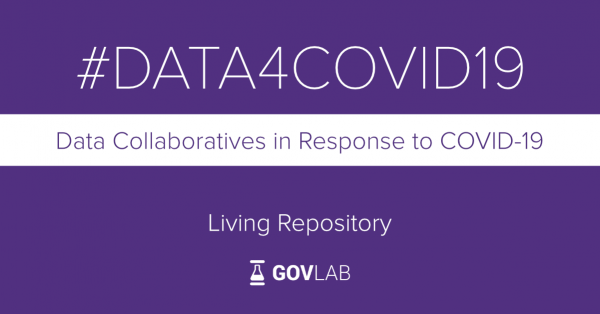Susan Landau at Lawfare: “…Some government officials believe that the location information that phones can provide will be useful in the current crisis. After all, if cellphone location information can be used to track terrorists and discover who robbed a bank, perhaps it can be used to determine whether you rubbed shoulders yesterday with someone who today was diagnosed as having COVID-19, the respiratory disease that the novel coronavirus causes. But such thinking ignores the reality of how phone-tracking technology works.
Let’s look at the details of what we can glean from cellphone location information. Cell towers track which phones are in their locale—but that is a very rough measure, useful perhaps for tracking bank robbers, but not for the six-foot proximity one wants in order to determine who might have been infected by the coronavirus.
Finer precision comes from GPS signals, but these can only work outside. That means the location information supplied by your phone—if your phone and that of another person are both on—can tell you if you both went into the same subway stop around the same time. But it won’t tell you whether you rode the same subway car. And the location information from your phone isn’t fully precise. So not only can’t it reveal if, for example, you were in the same aisle in the supermarket as the ill person, but sometimes it will make errors about whether you made it into the store, as opposed to just sitting on a bench outside. What’s more, many people won’t have the location information available because GPS drains the battery, so they’ll shut it off when they’re not using it. Their phones don’t have the location information—and neither do the providers, at least not at the granularity to determine coronavirus exposure.
GPS is not the only way that cellphones can collect location information. Various other ways exist, including through the WiFi network to which a phone is connected. But while two individuals using the same WiFi network are likely to be close together inside a building, the WiFi data would typically not be able to determine whether they were in that important six-foot proximity range.
Other devices can also get within that range, including Bluetooth beacons. These are used within stores, seeking to determine precisely what people are—and aren’t—buying; they track peoples’ locations indoors within inches. But like WiFi, they’re not ubiquitous, so their ability to track exposure will be limited.
If the apps lead to the government’s dogging people’s whereabouts at work, school, in the supermarket and at church, will people still be willing to download the tracking apps that get them get discounts when they’re passing the beer aisle? China follows this kind of surveillance model, but such a surveillance-state solution is highly unlikely to be acceptable in the United States. Yet anything less is unlikely to pinpoint individuals exposed to the virus.
South Korea took a different route. In precisely tracking coronavirus exposure, the country used additional digital records, including documentation of medical and pharmacy visits, history of credit card transactions, and CCTV videos, to determine where potentially exposed people had been—then followed up with interviews not just of infected people but also of their acquaintances, to determine where they had traveled.
Validating such records is labor intensive. And for the United States, it may not be the best use of resources at this time. There’s an even more critical reason that the Korean solution won’t work for the U.S.: South Korea was able to test exposed people. The U.S. can’t do this. Currently the country has a critical shortage of test kits; patients who are not sufficiently ill as to be hospitalized are not being tested. The shortage of test kits is sufficiently acute that in New York City, the current epicenter of the pandemic, the rule is, “unless you are hospitalized and a diagnosis will impact your care, you will not be tested.” With this in mind, moving to the South Korean model of tracking potentially exposed individuals won’t change the advice from federal and state governments that everyone should engage in social distancing—but employing such tracking would divert government resources and thus be counterproductive.
Currently, phone tracking in the United States is not efficacious. It cannot be unless all people are required to carry such location-tracking devices at all times; have location tracking on; and other forms of information tracking, including much wider use of CCTV cameras, Bluetooth beacons, and the like, are also in use. There are societies like this. But so far, even in the current crisis, no one is seriously contemplating the U.S. heading in that direction….(More)”.

